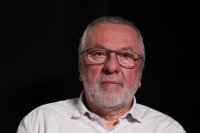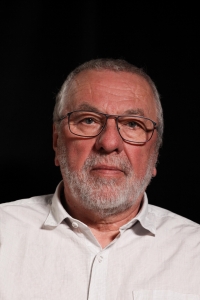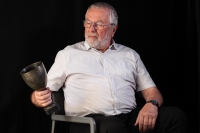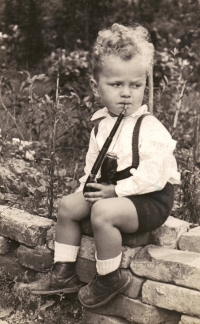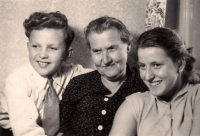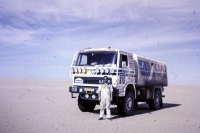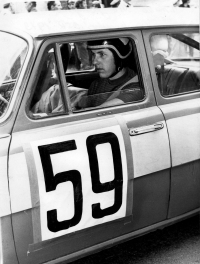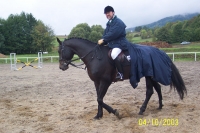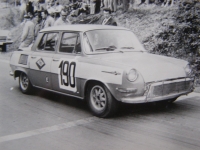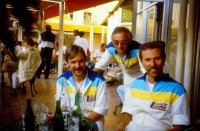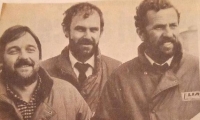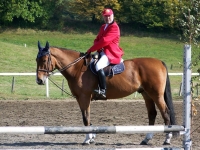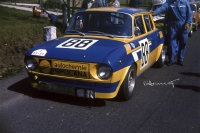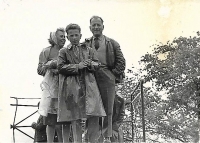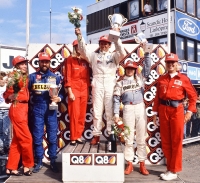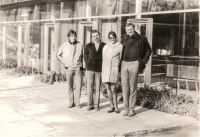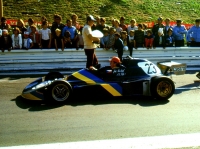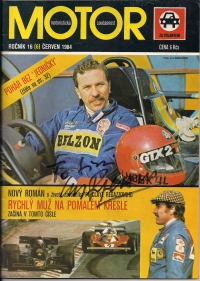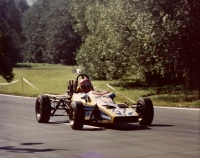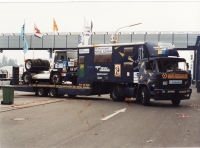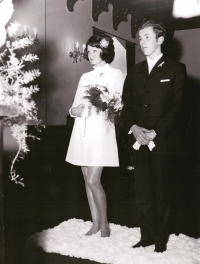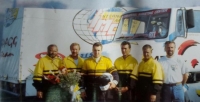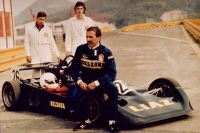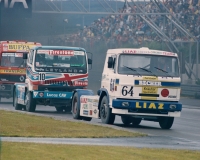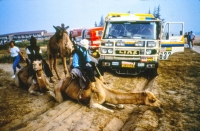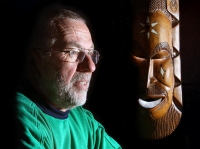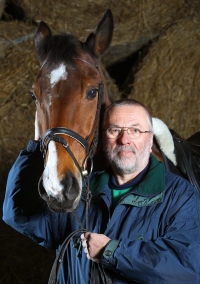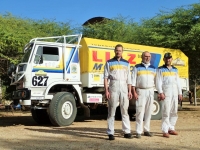I didn’t need to snitch on anyone, I was able to get my position in the race
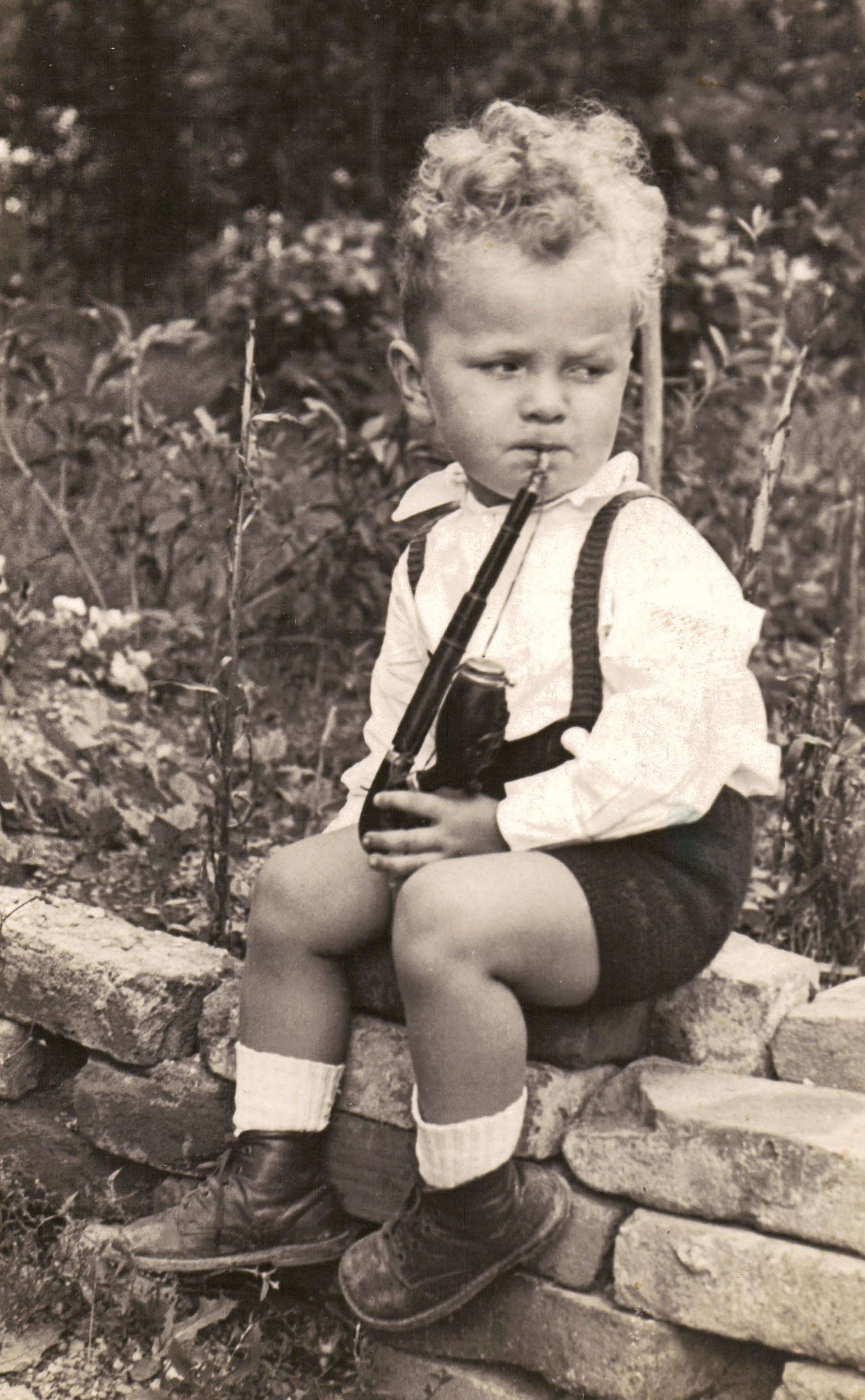
Download image
Jiří Moskal was born on 3 May 1948 in Jablonec nad Nisou. He grew up first in Zdiby near Prague and later with his father Josef, mother Maria and two older sisters in Jablonec nad Nisou. In the summer of 1966, when he was eighteen, his father died. After finishing secondary school, he was not admitted to the veterinary school in Brno. He got a draft notice ordering him to join the military unit in Karlovy Vary, where he became interested in motor sport. After returning from military service, he got married, worked at the LIAZ company and started converting his first race car. He participated in motor touring competitions, which resulted in obtaining a racing licence. From 1970 he drove at his first official car competitions. Gradually, he switched to hill climb racing and from the 1976 season he regularly took part in circuit races with the Easter formula car. Two years later he became a permanent member of the Czechoslovak national team. During the following five years (1978-1983) he ranked highly almost every year, either in the national championship or in the socialist countries cup: he came second or third and in the season of 1981 he even managed to win the first place in the overall ranking in both cups. In 1984, as a factory race driver, he was involved in the preparations for the LIAZ team’s participation in the Paris-Dakar Rally, which he took part in a total of four times between 1985 and 1988. His crew achieved its best result in 1988. State Security also became interested in his business trips abroad, and from February 1988 he was listed as a secret cooperation candidate. From 1987, witness competed for the LIAZ factory team, which took part in the European Truck Racing Championship on circuits. He was a driver and leader of this team until he left abroad in January 1990. He ended his active driving career with his last race in 1989. He then worked as a mechanic for Axel Hegmann’s private team in Germany and after his return to the Czech Republic he was not hired back to LIAZ in Jablonec, where he had spent a total of 23 years. In the following seasons he cooperated with the Mercedes-Benz racing department and since 1992 he has been engaged in business activities. At the time of recording, he was living in Jablonec nad Nisou (July 2021).
